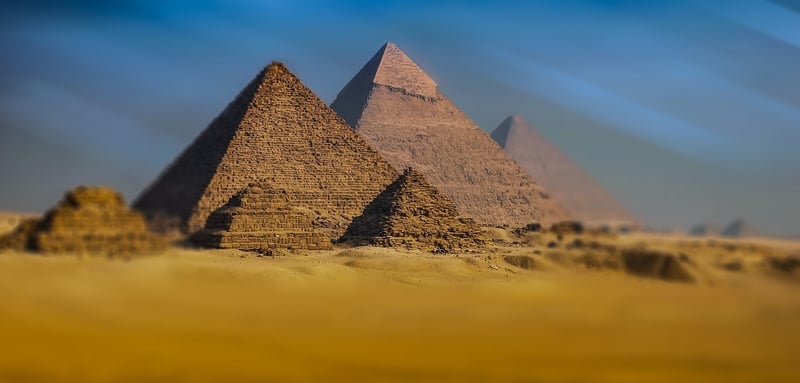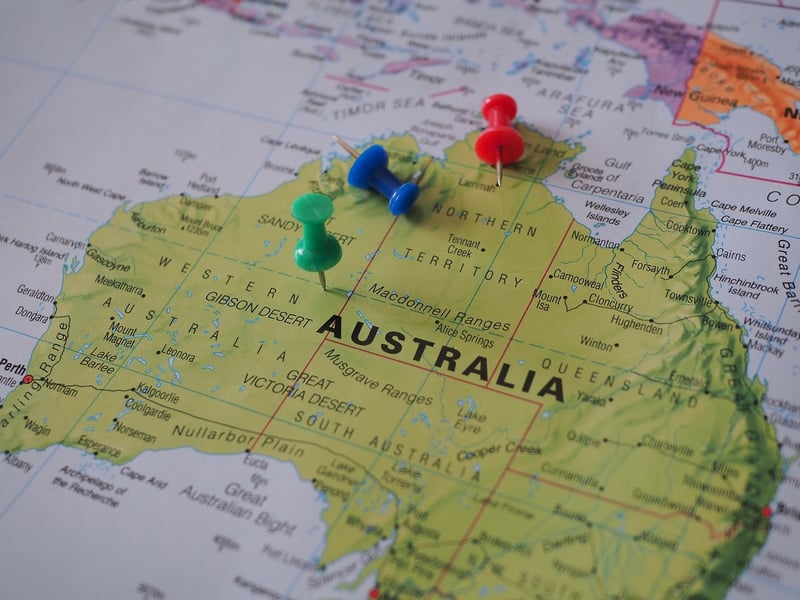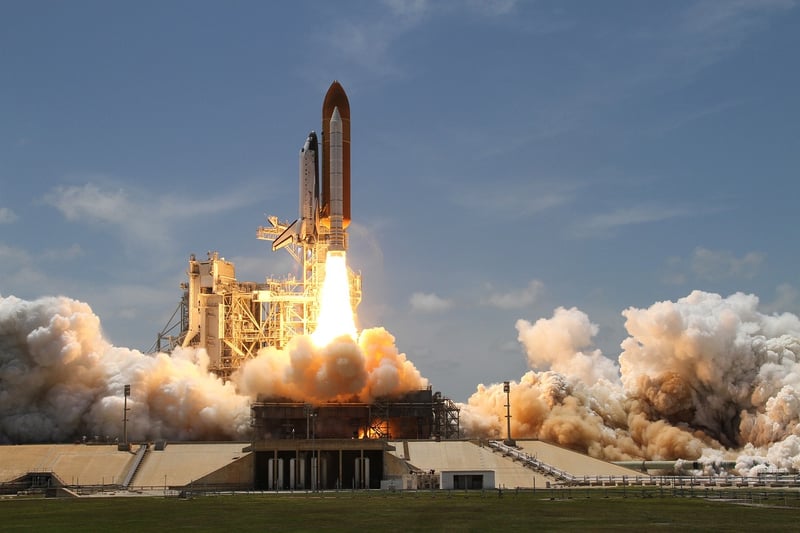Future Exploration
Exploring Different Eras and Future Exploration
Introduction
Exploring different eras and future exploration have always captivated human curiosity. From ancient civilizations to modern space missions, the journey of exploration has been a defining aspect of mankind's quest for knowledge and discovery.
Ancient Civilizations
Ancient civilizations like the Egyptians, Greeks, and Romans were pioneers of exploration in their time. They ventured into unknown territories, built magnificent structures, and created trade routes that connected distant lands. The pyramids of Egypt, the Parthenon in Greece, and the Colosseum in Rome stand as testaments to their spirit of exploration.

Age of Discovery
The Age of Discovery in the 15th to 17th centuries marked a significant period of exploration. Explorers like Christopher Columbus, Vasco da Gama, and Ferdinand Magellan set sail to find new trade routes and lands. Their voyages reshaped the map of the world and connected continents that were previously unknown to each other.

Space Exploration
In the 20th century, humanity turned its gaze towards the stars with space exploration. The Apollo missions took humans to the moon, while robotic probes like Voyager ventured beyond our solar system. Organizations like NASA and SpaceX continue to push the boundaries of space exploration, with plans to colonize Mars and beyond.

Future Exploration
The future of exploration holds endless possibilities. Advancements in technology like artificial intelligence, robotics, and virtual reality are revolutionizing how we explore new frontiers. From deep-sea exploration to interstellar travel, the next era of exploration promises to be more immersive and groundbreaking than ever before.
Conclusion
Exploring different eras and future exploration are intertwined in the human quest for knowledge and discovery. As we look back at the achievements of the past and gaze towards the possibilities of the future, one thing remains certain - the spirit of exploration will continue to drive us towards new horizons.
